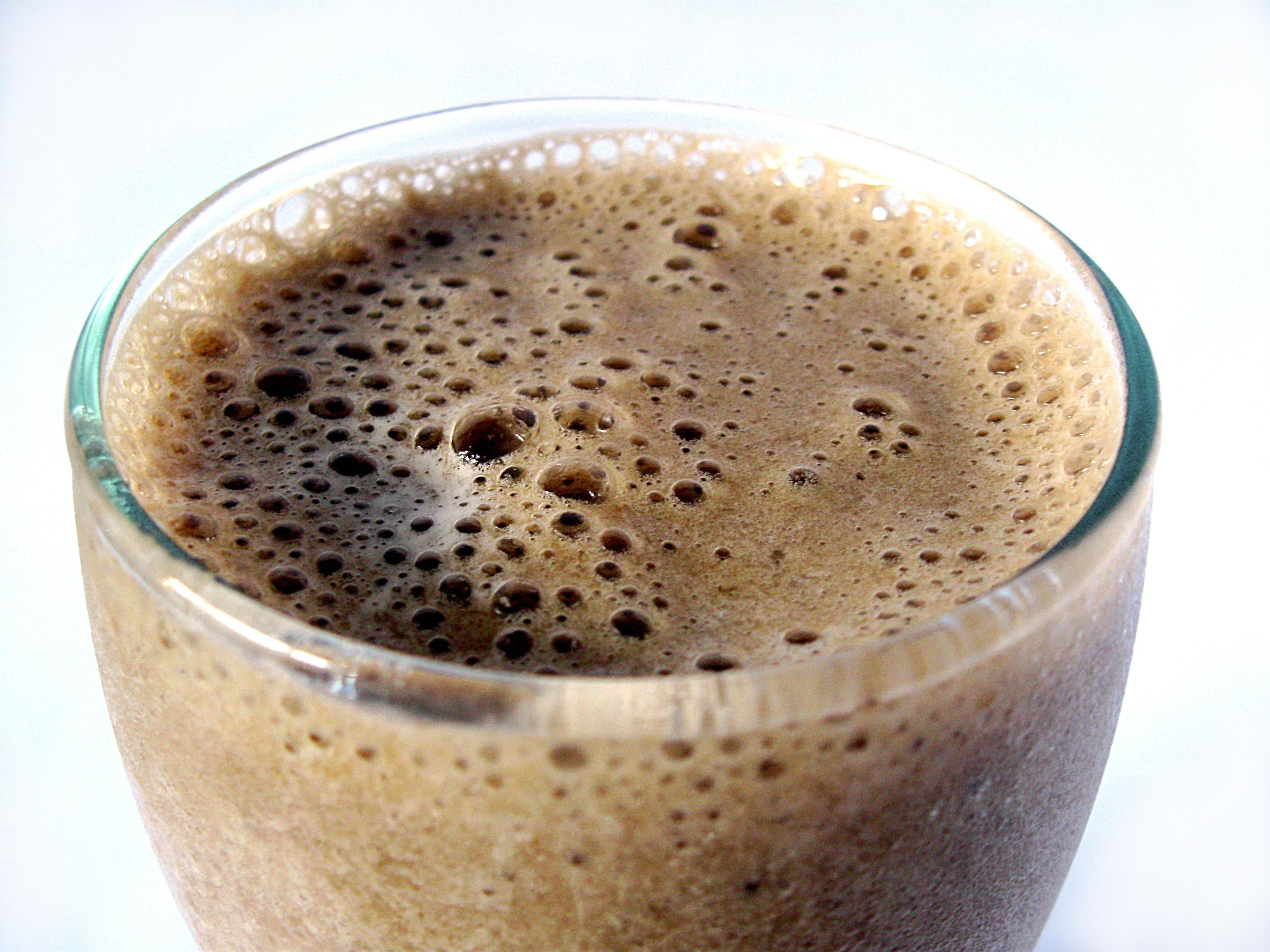Thinking oneself thin might be impossible, but it turns out thinking oneself full may not be out of the question. A recent study suggests people may feel full faster if they believe they’re eating filling foods
Mind Over Platter – Analysis
 In the study, 46 participants were given a 380-calorie milkshake. Half the subjects were told the shake contained an indulgent 620 calories while the other half were led to believe the drink was a light 140 calories (sadly, there’s still no word on whether such a shake actually exists). Researchers found consumers of the “indulgent” shake experienced a steep decline in ghrelin, a hormone that triggers hunger
In the study, 46 participants were given a 380-calorie milkshake. Half the subjects were told the shake contained an indulgent 620 calories while the other half were led to believe the drink was a light 140 calories (sadly, there’s still no word on whether such a shake actually exists). Researchers found consumers of the “indulgent” shake experienced a steep decline in ghrelin, a hormone that triggers hunger
It turns out people tend to associate foods they perceive as lighter in calories with a lack of satisfaction during meals, causing their ghrelin levels to hold steady during meal time. But before forgoing fruits in favor of milkshakes, remember that the study found a decrease in ghrelin levels, not a decrease in weight. Healthier foods are still tops when it comes to losing weight, but having a feel-full mentality at mealtime may make the journey to a slimmer waistline that much easier. Increasing protein intake, especially in the morning, may also help minimize overeating by triggering feelings of fullness
So before you drink some else’s milkshake, remember that with the right mentality and methods, there are plenty of options for filling up without filling out.
This study points out how our perceptions affect not only our behavior but also the chemistry of our appetite. Findings suggest we are very responsive to the information we are given. It would be difficult though to deceive yourself into believing a food is higher in calories than it is when the calorie information is available. However, in restaurant and other settings where calorie information is not available it may be helpful to make a blanket assumption that the food is high in calories so that you feel fuller and eat less. Another implication is that we may be vulnerable to overeating foods that are often perceived as “healthy” but actually have a lot of calories (e.g., granola, avocado, olive oil, smoothies, etc).
[/experts_take]
TL;DR
A new study suggests we can fight hunger by thinking ourselves full.
